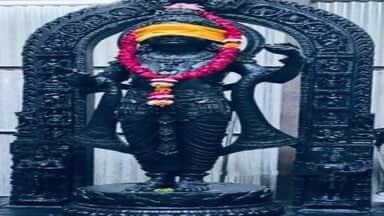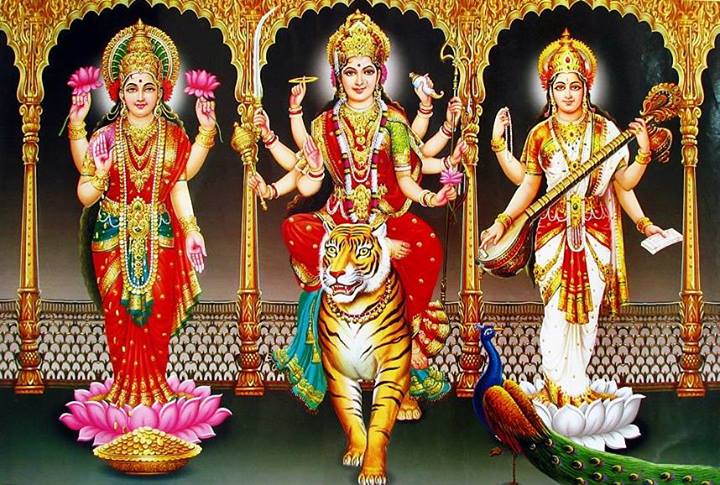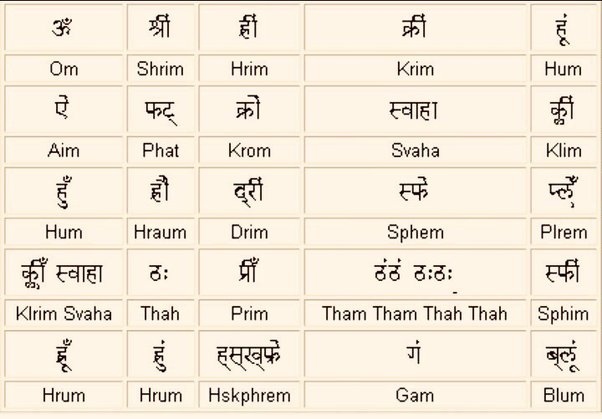I had written in an article that Hinduism sanctions widow remarriage.I had mentioned that Manu Smriti supports Widow Remarriage and by inference concluded that Vedic Hinduism allowed Widow remarriage.
I have been writing for the past eleven years ,trying to present facts as I find them from original sources,be it the Vedas or Archeology in the case of determining the date of Hinduism or the presence of Sanatan Dharm. Unfortunately, at times, it hurts some.
I am pilloried by secular Historians as Being Right, while the traditionalists challenge me for being Liberal and not presenting Vedas in the proper light.
This has happened quite a few times, like the one when I wrote that women should wear Upaveedha or Jaanu and of the Seven Chaste Women,Only one fits the present definition of chastity.
Now for my article on Widow Remarriage, one Swamiji asked me relevant Vedic Verses that support Widow Remarriage.
Here are the verses.
‘
A set of 14 Riks in 18th Mandala of the 10th book deal with treatment of widows.
Rik (X.18.8) is recited by the dead man’s brothers and others, requesting the widow to release her husband’s body for cremation. The Rik also commands the widow to return to the world of living beings, return to her home and to her children and grand children, “Rise, woman, (and go) to the world of living beings; come, this man near whom you sleep is lifeless; you have enjoyed this state of being the wife of your husband, the suitor who took you by the hand.”
ud īrṣva nāry abhi jīvalokaṃ gatāsum etam upa śeṣa ehi |hastagrābhasya didhiṣos tavedam patyur janitvam abhi sam babhūtha ||
This rik also, confers upon her full right on house and properties of her deceased husband. [It was only in the year 1995 the Supreme Court of India interpreted Section 14(1) of the Hindu Succession Act to allow Hindu widow full ownership rights over properties she inherits from her deceased husband]
Rig-Veda not only sanctions survival of a widow and her right to property; but also approves her marriage with the brother of her dead husband; and to live with full dignity and honor in the family. Rig Veda therefore expressly sanctions widow-marriage. Some scholars say the widow could marry any person, not necessarily the brother of the deceased husband or a relative.
Rik (x.18.8) blesses a woman at her second marriage, with progeny and prosperity in this life time:: Go up, O woman, to the world of living; you stand by this one who is deceased; come! to him who grasps your hand, your second spouse (didhisu) ,you have now entered into the relation of wife to husband.
In rik (X.18.9) the new husband while taking the widow as his wife says to her: let us launch a new life of valor and strength begetting male children overcoming all enemies who may assail us.
dhanur hastād ādadāno mṛtasyāsme kṣatrāya varcase balāya | atraiva tvam iha vayaṃ suvīrā viśvā spṛdho abhimātīr jayema ||
AV(XVIII.3.4) blesses the widow to have a happy life with present husband ::O ye inviolable one ! (the widow) tread the path of wise in front of thee and choose this man (another suitor) as thy husband. Joyfully receive him and may the two of you mount the world of happiness.
prajānaty aghnye jīvalokaṃ devānāṃ panthām anusaṃcarantī |ayaṃ te gopatis taṃ juṣasva svargaṃ lokam adhi rohayainam ||4||
References and Citations.
https://sreenivasaraos.com/2012/09/04/rig-veda-position-of-women-22/
http://www.stephen-knapp.com/women_in_vedic_culture.htm
http://www.vedah.com/org/literature/essence/women&Rishikas.asp
http://www.geocities.com/nemhasekka/statusofindianwomen.htm
http://sify.com/news/othernews/fullstory.php?id=13170729
http://www.surichat.nl/forum/index.php?topic=14696.65;wap2
http://groups.msn.com/hindu-history/rawarchives.msnw?action=get_message&mview=0&ID_Message=181




Leave a comment